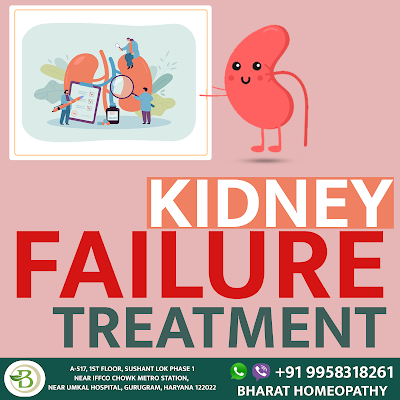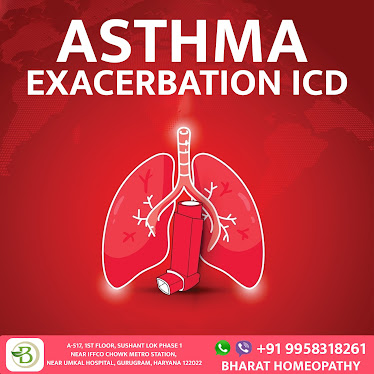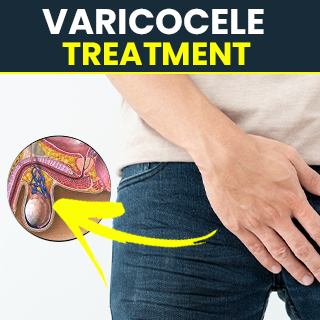Asthma, also known as bronchial asthma, is a chronic respiratory condition characterized by inflammation and narrowing of the airways, leading to symptoms such as wheezing, coughing, shortness of breath, and chest tightness. It is typically triggered by exposure to certain substances or conditions, known as triggers, including allergens, irritants, exercise, and respiratory infections. It comes under the international classification of diseases as bronchial asthma icd 10. Its treatment is known as a bronchial asthma treatment.
An asthma attack, also known as asthma exacerbation is a situation in which airways become swollen and inflamed, and people face difficulty in breathing. It comes under the international classification of the disease as Asthma exacerbation icd 10.
Various causes of Asthma:
There are several known causes or triggers of asthma, including:
1. Allergens: Common allergens such as pollen, dust mites, pet dander, mold spores, and certain foods can trigger asthma symptoms in individuals who are allergic to them.
2. Respiratory Infections: Viral or bacterial respiratory infections, such as the common cold or flu, can worsen asthma symptoms and trigger asthma attacks.
3. Irritants and Air Pollution: Exposure to irritants like smoke, strong odors, chemical fumes, and air pollution can irritate the airways and provoke asthma symptoms.
4. Exercise: Intense physical activity or exercise can trigger asthma symptoms in some individuals, known as exercise-induced bronchoconstriction.
5. Weather Conditions: Cold air, dry air, changes in temperature, and high humidity can act as triggers for asthma symptoms.
6. Occupational Exposures: Certain workplaces, such as those involving chemicals, gases, dust, or fumes, can lead to the development or exacerbation of asthma symptoms in susceptible individuals.
7. Emotions and Stress: Emotional stress and intense emotions, such as anxiety or excessive laughter, can trigger asthma symptoms in some people.
8. Medications: Certain medications, such as nonsteroidal anti-inflammatory drugs (NSAIDs) or beta-blockers, can induce asthma symptoms in individuals who are sensitive to them.
9. Genetic Factors: Asthma can run in families, suggesting a genetic predisposition to the condition. However, the specific genes involved and the exact inheritance patterns are complex and not fully understood.
What are the precautions used for Asthma?
Following are the various precautions for the treatment of asthma:
1. Avoiding triggers: Identify and avoid allergens or irritants that can trigger asthma symptoms, such as pollen, dust mites, pet dander, smoke, and strong odors.
2. Medication adherence: Take prescribed asthma medications as directed by a healthcare professional, including controller medications to manage inflammation and prevent symptoms, and quick-relief medications for immediate symptom relief.
3. Regular medical check-ups: Visit your healthcare provider regularly to monitor your asthma and ensure your treatment plan is effective. Adjustments to medication or management strategies may be necessary based on your condition.
4. Asthma action plan: Create an asthma action plan with your healthcare provider to outline steps to control your symptoms, identify worsening symptoms, and provide instructions for emergency situations.
5. Maintain good indoor air quality: Keep your home clean and well-ventilated, minimize exposure to dust, mold, and other allergens by using air filters, and avoid smoking or exposure to secondhand smoke.
6. Exercise and physical activity: Engage in regular physical activity but be mindful of your limitations. Warm up before exercise, and if exercise-induced asthma is a concern, use a prescribed inhaler before starting any physical activity.
7. Avoid respiratory infections: Practice good hygiene, such as washing hands regularly, avoiding close contact with sick individuals, and getting vaccinated against influenza and pneumonia, to reduce the risk of respiratory infections that can trigger asthma attacks.
8. Manage stress: Stress can worsen asthma symptoms, so finding effective stress-management techniques like relaxation exercises, meditation, or engaging in hobbies can help reduce the impact of stress on your asthma.
How to cure asthma forever: By maintaining these precautions and proper medication can help you to cure your asthma forever.
There are various types of asthma, some are:
Brittle asthma: Brittle asthma is a severe form of asthma characterized by frequent and unpredictable asthma attacks that are difficult to control despite high-dose medications. It is also known as severe asthma with frequent exacerbations or asthma with persistent airflow limitation. It is treated with proper medication and care. Brittle asthma treatment is very difficult but homeopathy makes it easy for all the asthmatic patients.
Mild intermittent asthma: Mild intermittent asthma is a classification of asthma severity based on the frequency and severity of symptoms. It is considered the mildest form of asthma. In mild intermittent asthma, symptoms occur less than twice a week, and nighttime symptoms occur less than twice a month. These symptoms may include episodes of wheezing, shortness of breath, chest tightness, and coughing.
Mild intermittent asthma treatment may not require daily long-term controller medications. It comes under mild intermittent asthma icd 10.
Treatment of asthma in children: The treatment of asthma in children typically involves proper medications, avoiding triggers, and managing symptoms. Here are some common approaches to asthma treatment in children:
1. Proper medications
2. Asthma action plan
3. Trigger avoidance
4. Allergy management
5. Education and support






.png)


